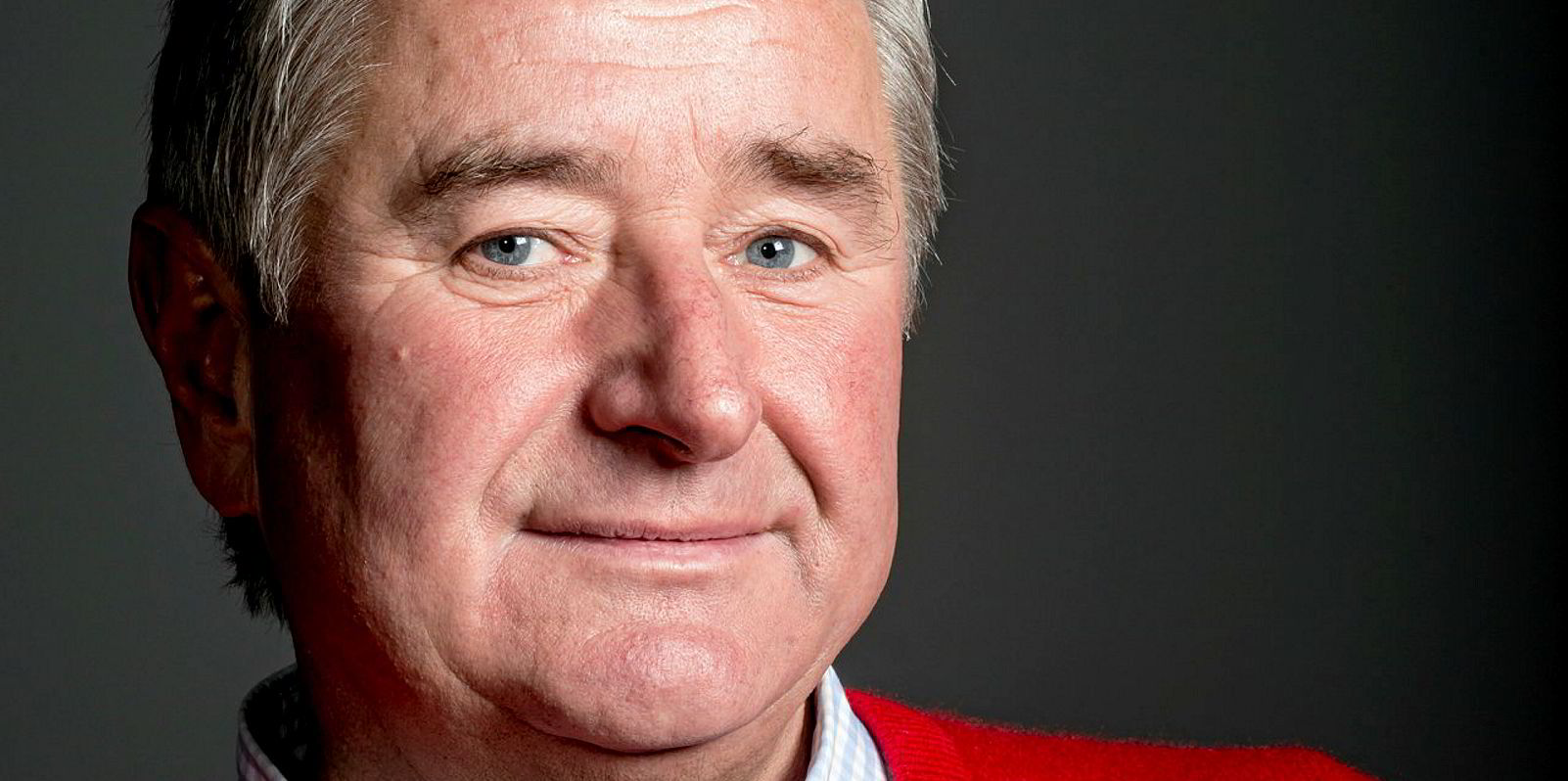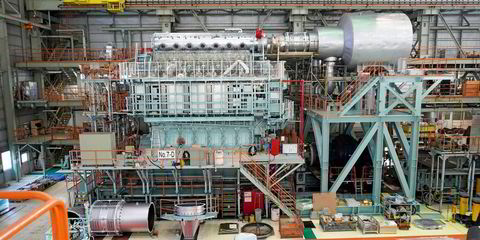Western Bulk is still reeling from a failed bet on the Chilean market and has seen its results slump following depressed rates in the early months of 2019.
The bulker operator posted a loss after tax of $24.8m for the first half of the year, compared to a post-tax profit of $3.6m during the first six months of 2018.
The Norwegian company's net timecharter (TC) revenue for the six-month period was -$8.8m, equivalent to -$306 per ship per day, which Western Bulk described as "disappointing" in its financial report.
In contrast, net TC revenue was $21.3m or $805 per ship per day in the same period last year.
"Although recovering slightly thereafter, the market has remained low until just recently rebounding in July," Western Bulk said.
"The group results were impacted by not foreseeing the magnitude of the sharp market fall, combined with a slower than expected market recovery," Western Bulk said in its first-half report for 2019.
Gross vessel revenues were in fact 6.3% higher than last year during the period, but this was more than offset by higher voyage and TC expenses, plus other costs.
Western Bulk operated an average of 158 vessels in the first half of this year, comprising handysize, supramax and ultramax bulk carriers. This figure is up from 146 last year.
Chilean challenges
Western Bulk is still feeling the impact of a faulty bet made on the Chilean market by an ex-employee.
In January, the company revealed that the employee had approved contracts based on "unrealistic" assumptions, which has since cost the company millions of dollars.
Of its -$8.8m net TC revenue in the first half, a $7.5m loss was incurred by ongoing "challenges" in Chile, of which a $5.3m loss was sustained in the first quarter alone.
"Expiring, unprofitable cargo contracts combined with period vessels fixed before the sharp market decline took a significant toll on the results in the first quarter," Western Bulk explained.
Western Bulk has since restructured its Chilean unit, fired the employee and put new internal control routines in place.
In the first half of 2018, Chile contributed a net TC of -$3.2m.
Outlook for the second half
Western Bulk said it expects to deliver a profit after tax in the second half of 2019, thanks to rising supramax rates and a slightly better situation in Chile.
The company pointed to the fact that benchmark supramax rates were above $11,000 per day during July.
"Losses in Chile are expected to continue, but to be somewhat lower than in the first half of the year as several contracts expired in the first quarter," the company said in its report.
Financial arrangements
The first six months of 2019 saw Western Bulk rearrange its finances by repaying its bond debt and tapping major investors for new loans.
In April, Western Bulk secured $15m in equity from its two main shareholders, Ojada and Kistefos, which is owned by investor Christen Sveaas.
However, Western Bulk's first-half net loss after tax has reduced this equity to $14.5m.
The company repaid its NOK 300m ($33.7m) unsecured bond loan in April, which was replaced by a $15m working capital facility and a $14m shareholder loan from Kistefos.
The group also agreed a revolving credit facility of up to $20m in July.
Western Bulk said the revolver is linked to activity level through outstanding receivables and will serve as "additional funding".
The group had $9.3m available cash at the end of first six months.
The first six months of 2019 saw Jens Ismar replaced as Western Bulk's chief exectuive by Hans Aasnaes on 1 July.
Aasnaes was previously an executive at Umoe Group.








